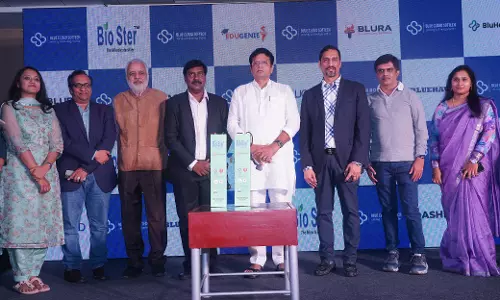Startup makes students think of problems, build solutions
A group of ninth-graders at SSRVM School have gathered near the school’s entrance gate for a task.;
A group of ninth-graders at SSRVM School have gathered near the school’s entrance gate for a task. They are mixing mortar, cement and concrete together, as a local mason guides them with the amount that goes into a correct composition required to erect and hold a pole together.
“We are establishing a traffic signal here to monitor buses coming in and going out of the school gate,” one of the girls in the group explains. The other one rushes to get her notebook and starts explaining the circuit diagram she has drawn for supporting the functioning of the traffic signal.
Of course, this is not a part of the curriculum the school follows. Bringing in a refreshing twist in the regular classes by introducing experiential learning, a Bengaluru-based startup is making kids think of their everyday problems and come up with solutions for them. Most of these attempts don’t just stop at thinking of solutions. It involves building them using BiBox.
BiBOX or Brain-in-a-box, the flagship product of Evobi Automations Pvt. Ltd., is a plug-and-play programmable electronic platform with a hardware component that can be paired with a software aspect used to program logic. It’s open and scalable, enabling users to attach external components to learn and create real-world projects, such as, traffic lights, asthma detector and drip irrigation systems.
“Initially our plan was just to launch the product”, says Madhusudan Namboodari, Chief Operation Officer, BiBox, “But with the wide range of innovative ideas that kids came up with, it was imperative to have mentors who could walk the kids through the process of building solutions and making the horizons unlimited.”
Kids, unlike established professionals, do not associate themselves with certain skills, thus leaving a huge potential of exploring imaginative abilities and unrestricted domains.
Resistance, in the form of lack of knowledge or expertise that an IT engineer might face to solve a problem in Astrophysics is not a part of a child’s psychology. This advantage, Namdoori says is what BiBox builds its premise on.
Through the 80-minutes sessions that BiBox runs every fortnight across the 44 schools they have partnered with, BiBox mentors, who are essentially electronics and electrical engineers, take students through the process of identifying ideas or problems, thinking of new possibilities with existing solutions and answering their questions by showing them how it’s done.
From developing smart shoes for the blind that vibrate on detecting obstacle to making third umpire for a cricket match obsolete by creating a mechanism that auto-locks bails on the stumps if bat has crossed the crease, Namdoori says, kids during the BiBox session come up with ideas that create disruption in every field.
Present in schools across Bangalore, Kerala, New Delhi and Coimbatore, BiBox currently mentors over 10,000 students. Depending on the number of students that sign up for the programme, the startup charges Rs 2,500 to Rs 6,500 per student for an academic year.



